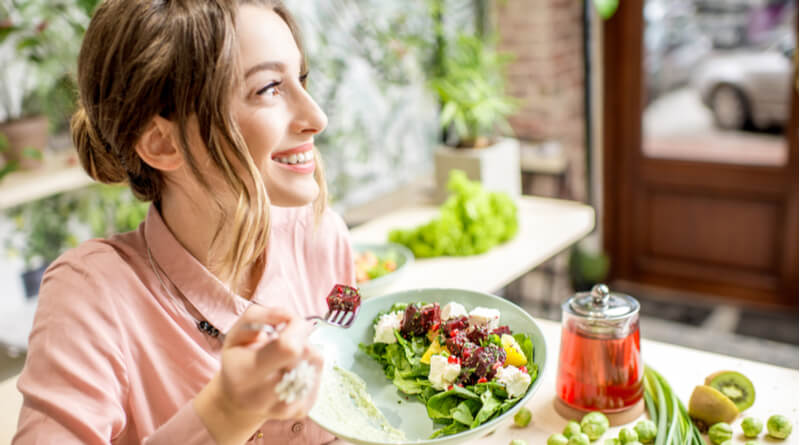It’s a great experience being vegan indeed. Your baby will receive the same amount of nutrition and grow healthy if you follow a vegan diet. The vegan diet includes seeds, vegetables, grains, fruits, nuts, and beans. All animal protein is excluded from the vegan diet such as poultry, eggs, meat, milk, fish, cheese, and other dairy products. During pregnancy, it is important to choose a diet plan that has enough calories, protein, and nutrients for the mother and the baby. It is also important to choose safe foods and prepare the foods safely as pregnant women are more prone to the risks of contamination and food poisoning. Junk and processed foods should, therefore, be avoided and fresh fruits and vegetables should be consumed.
Vegan pregnancy: Tips to remember
- Adopting a plant-based diet will help you balance health issues and provide you lots of energy.
- Green leafy vegetables such as beans, avocado, and broccoli are excellent sources of folate which is a nutrient essential for the development of the nervous system.
- Consuming leafy green vegetables will protect you from the lack of vitamin deficiency.
- Folic acid is also essential for the production of red blood cells. You will also gain folic acid from green leafy vegetables.
- You should also drink lots of water which will keep you hydrated.
- Protein-rich foods such as nuts, seeds, and legumes are highly recommended.
- You could also have a smoothie made from spinach and fruits.
- It is also a great idea to eat whole grains and beans which are rich in zinc.
- It is best to avoid vegan junk food.
- You should also include cauliflower and lentils in your diet.
- Oatmeal, seeds, nuts, and quinoa are excellent sources of iron and form a large part of the vegan diet and should be consumed during pregnancy.








